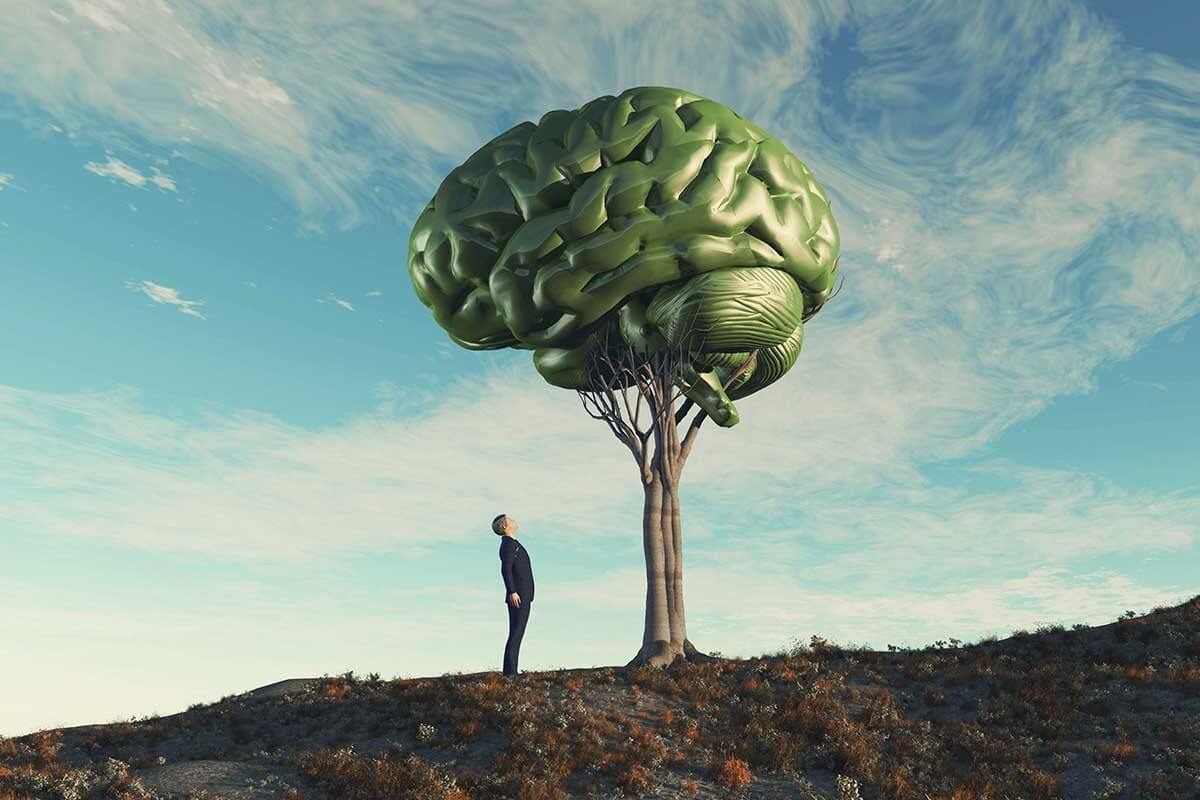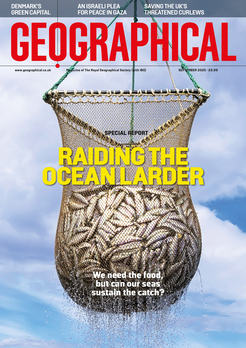
Elizabeth Wainwright reviews James Bridle’s new book, Ways of Being: Beyond Human Intelligence, published by Allen Lane
Humans have much to learn, and much to lose. Information is a click away and new things are being revealed like never before. But advances in artificial intelligence (AI) and the rapid destruction of the natural world threaten the future of life on Earth, says writer, artist and technologist James Bridle, whose new book explores our understanding of technology, ecology and intelligence, and asks how we might expand our relationships with the more-than-human world, integrating new behaviours that are more compatible with life on Earth.
Bridle’s story starts in Greece, where AI is being used to map and explore new oil fields. Technology is shaping our lives and the life of the planet, but we’re utterly entangled with the more-than-human world, and need to find ways to reconcile our ‘technological prowess’ with ‘the interconnectedness of all things’ and a future that is ‘less extractive, destructive and unequal, and more just, kind and regenerative.’
Bridle enlarges our definition of what ‘intelligence’ can be. We learn what animals teach us about democracy, what plants teach about place and technology, what microbes show us about symbiosis, and how telescopes and sensors show us worlds within worlds. We see how octopuses, honeybees and spinach survive changing environments, and what we might learn from their communication and decision-making in order to shape what humans (and the machines on which we’re increasingly reliant) are becoming.
The idea that ‘what matters resides in relationships rather than things’ weaves throughout the book. I have seen the power of relationship through my work in local politics and international development, and know that good things can happen when we get curious, listen and realise that we don’t have all the answers – that we need other ways of seeing and being to create new communities, and to become whole. This book is an expansive guide, helping us turn our gaze outwards as we look for answers to the challenges of our time. The answers are out there, Bridle says, but Western science and imagination are only just beginning to take them seriously. Ways of Being is an absorbing, existential and ultimately hopeful book.




